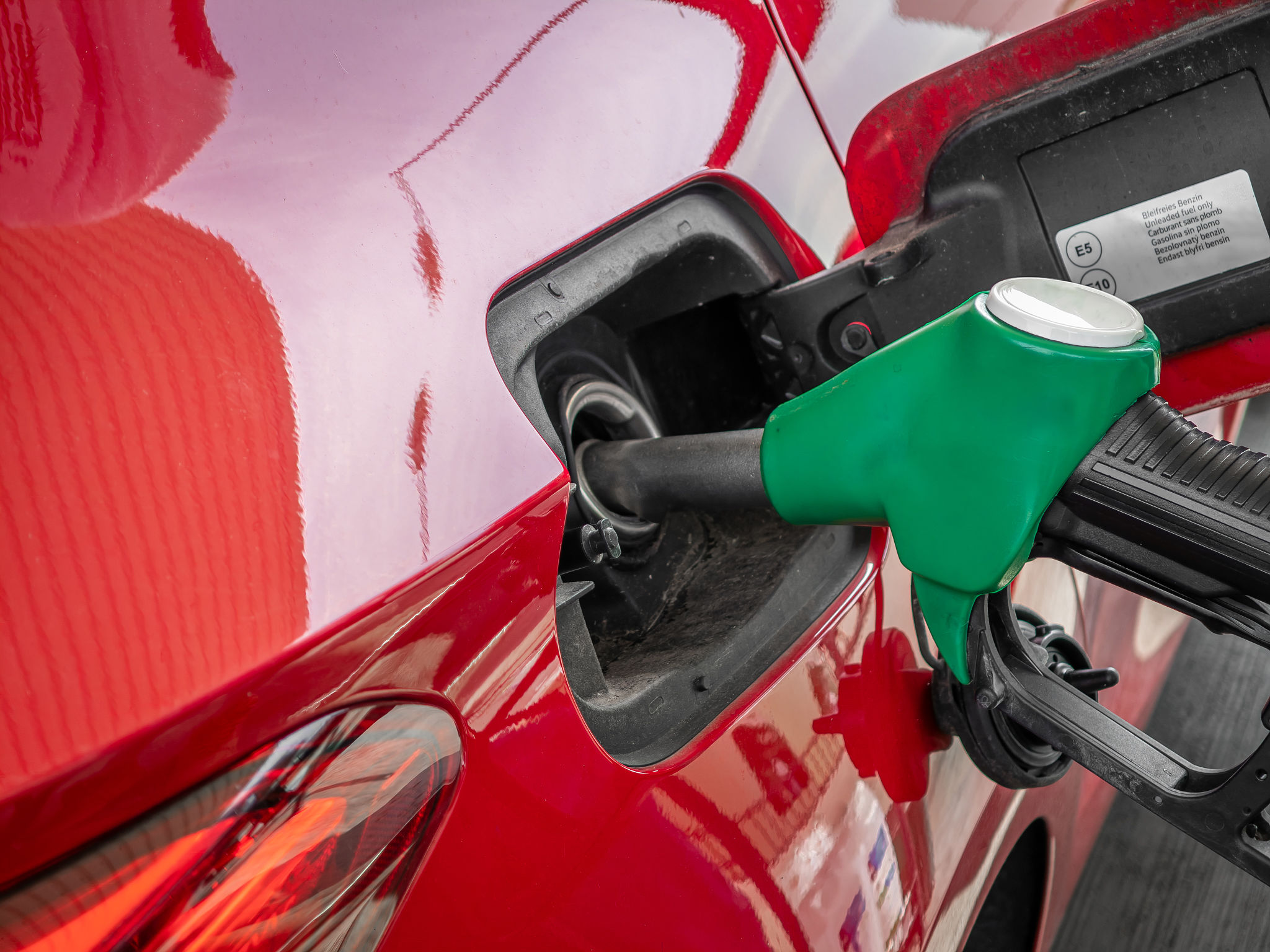Myth-Busting: Common Misconceptions About Diesel Engines
Introduction to Diesel Engine Myths
Diesel engines have been the workhorses of many industries for decades. Despite their popularity, they are often surrounded by various myths and misconceptions. In this post, we'll address some of these common misunderstandings to give you a clearer perspective on diesel engines.

Myth 1: Diesel Engines Are Dirty
One of the most persistent myths about diesel engines is that they are dirty and polluting. While this might have been somewhat true in the past, modern diesel engines are designed to be much cleaner. Thanks to advancements in technology, such as Diesel Particulate Filters (DPF) and Selective Catalytic Reduction (SCR), emissions have been significantly reduced.
In fact, many diesel engines today produce fewer emissions than some gasoline engines. Regulatory standards have pushed manufacturers to innovate and produce engines that meet stringent environmental requirements.
The Impact of Technology on Emissions
Technological improvements have not only reduced emissions but also improved fuel efficiency. As a result, modern diesel engines are an environmentally friendly choice for many applications.

Myth 2: Diesel Engines Are Noisy
Another common misconception is that diesel engines are inherently noisy. While it is true that older models were louder, today's diesel engines are engineered to run quietly. Advanced engineering techniques and better soundproofing materials have made them much more pleasant to drive.
Many people are surprised to find that newer diesel vehicles offer a quiet and smooth ride comparable to their gasoline counterparts.
Reducing Engine Noise
Manufacturers use various methods to reduce engine noise, including improved engine design, better insulation, and advanced fuel injection systems. These innovations have transformed the driving experience for diesel vehicles.

Myth 3: Diesel Fuel Is Expensive
A frequent myth is that diesel fuel is more expensive than gasoline. While the price can vary based on location and market conditions, diesel often provides better fuel economy. This means you get more miles per gallon, which can lead to cost savings over time.
The higher energy content in diesel fuel allows vehicles to travel further on a single tank, making it a cost-effective option for long-distance travel and heavy-duty applications.
Comparing Fuel Economy
- Diesel engines typically achieve better mileage than gasoline engines.
- Long-term savings can offset the initial cost difference at the pump.
- Diesel's efficiency makes it ideal for commercial vehicles and long-haul driving.

Conclusion: Understanding Diesel Engines
Diesel engines have evolved significantly over the years, shedding many of the negative stereotypes associated with them. By debunking these myths, we hope to provide a better understanding of the advantages and innovations associated with modern diesel technology.
Whether you're considering a vehicle purchase or simply curious about diesel engines, it's important to rely on up-to-date information rather than outdated myths. As technology continues to advance, diesel engines will remain a viable and efficient option for many drivers worldwide.